Counting skills Normal Science Worksheets for Ages 3-8
7 filtered results
-
From - To
Discover our "Counting Skills Normal Science Worksheets" designed for children ages 3-8! These engaging, printable worksheets combine essential counting practice with fun science concepts, making learning enjoyable and effective. From recognizing numbers to mastering simple addition and subtraction, kids will enhance their numeracy skills in a playful context. Each worksheet is crafted to inspire curiosity about the natural world while reinforcing mathematical foundations. With colorful illustrations and interactive activities, our resources support young learners' developmental milestones and encourage exploration. Perfect for classrooms, homeschooling, or extra practice at home. Get your little ones excited about counting and science today!
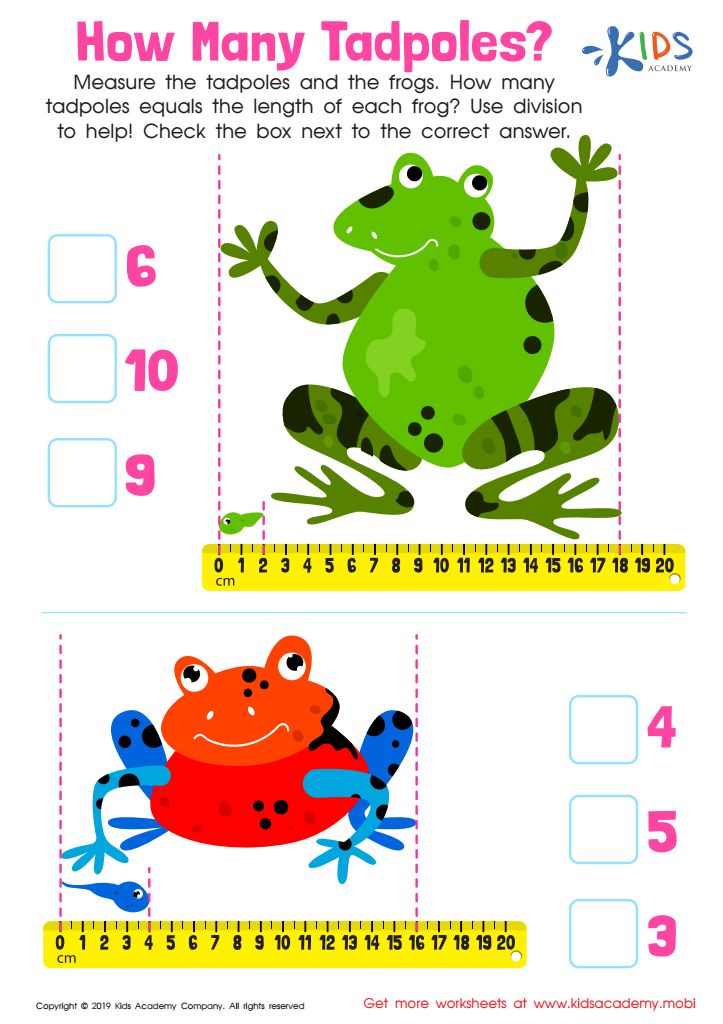

How Many Tadpoles Worksheet


Sort and Count to the Moon Worksheet


African Wildlife: Giraffe Worksheet
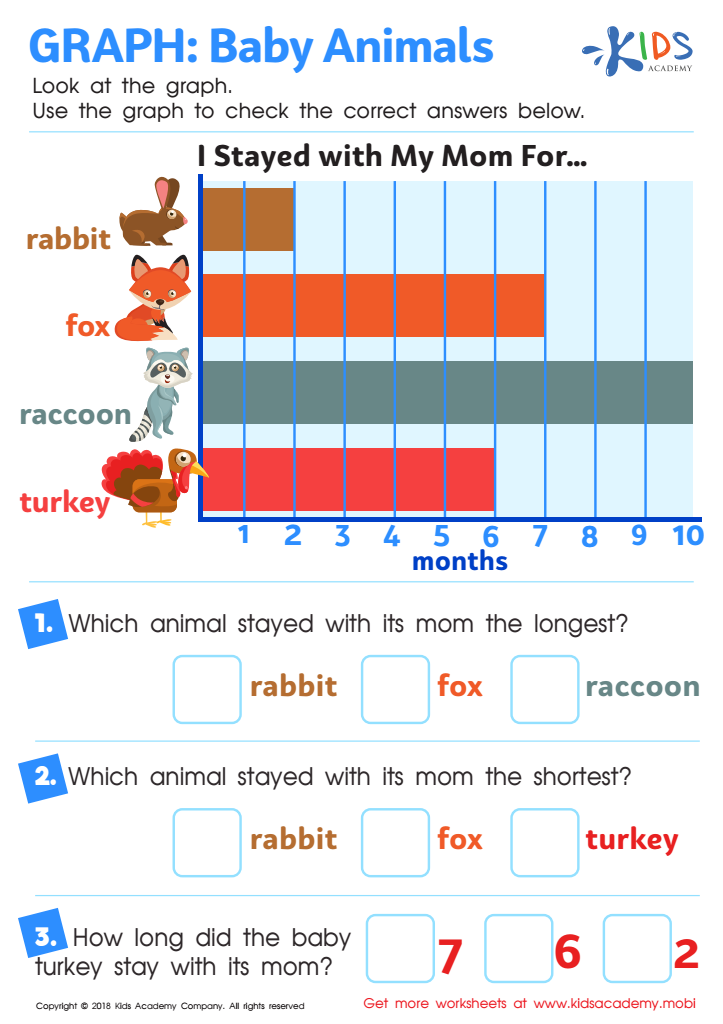

Graph: Baby Animals Worksheet
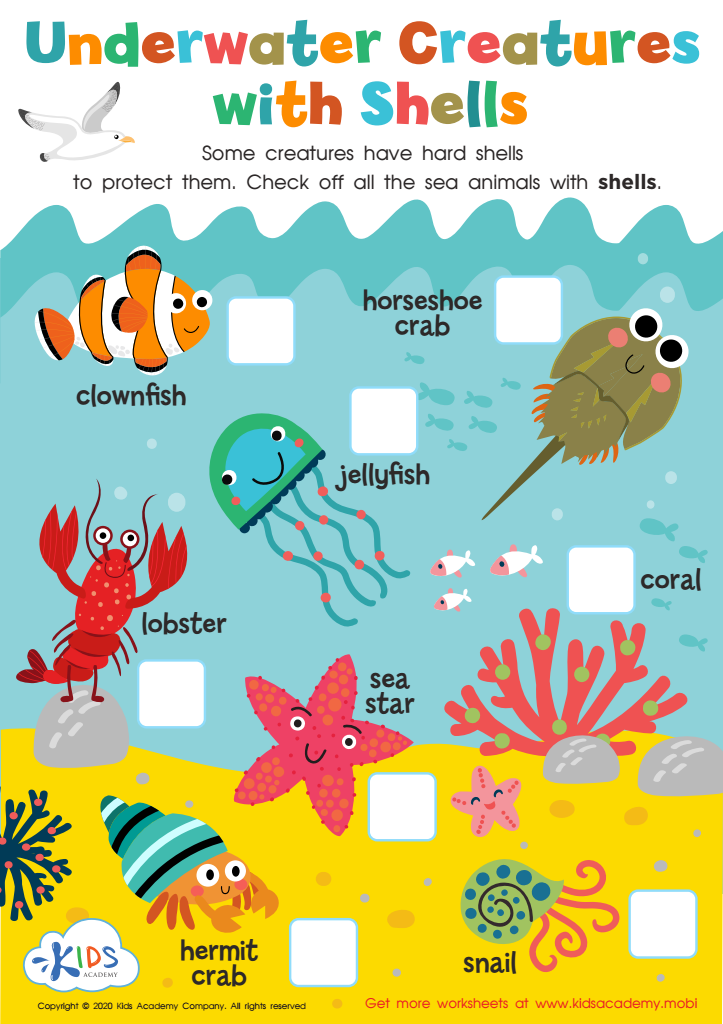

Underwater Creatures with Shells Worksheet
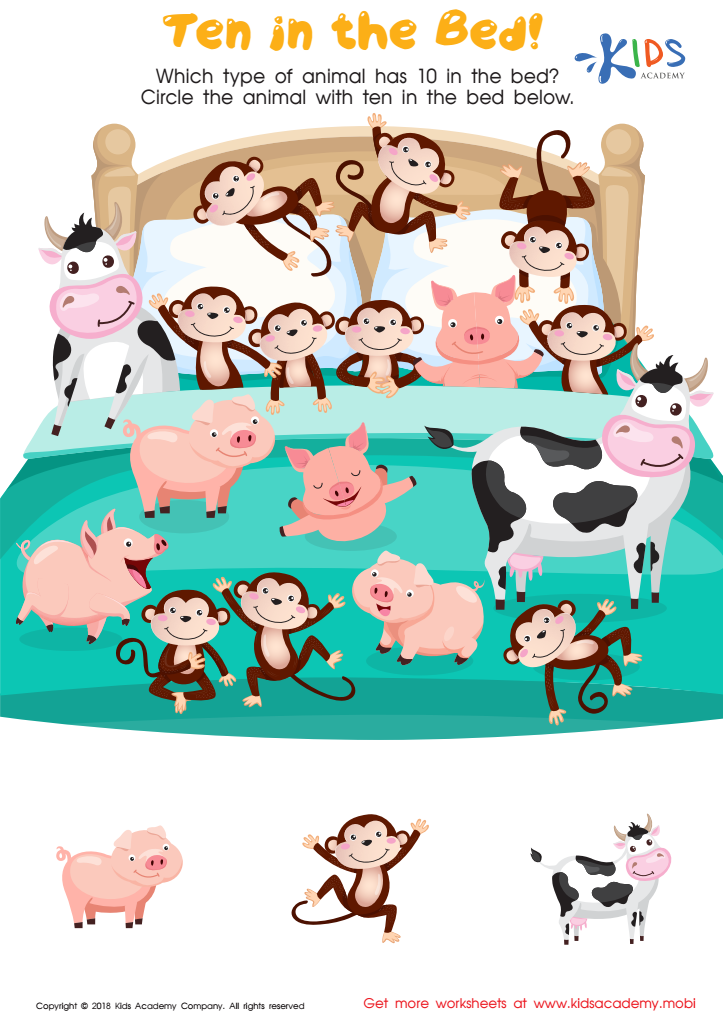

Ten in the Bed Worksheet
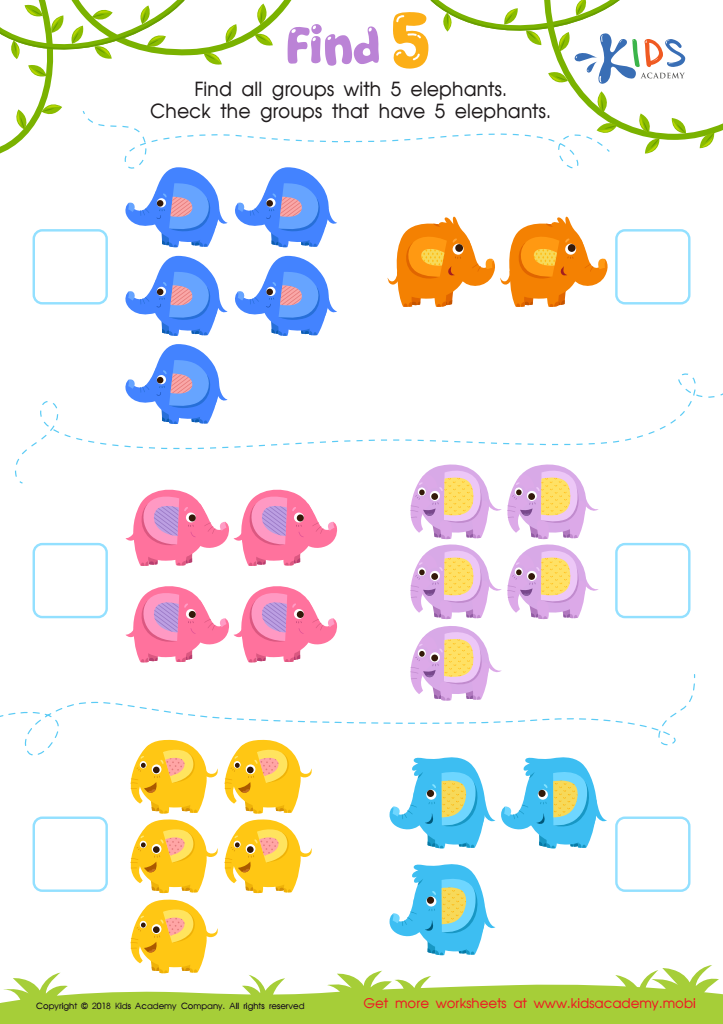

Find 5 Worksheet
Counting skills are foundational for early childhood education, particularly within the age range of 3 to 8 years. Parents and teachers should prioritize these skills because they serve as a cornerstone for mathematical understanding, influencing later academic success. Mastery of counting enhances a child's ability to recognize numbers and understand their relationships, which fosters logical thinking and problem-solving capabilities.
Early counting experiences, such as counting objects, fingers, or steps, promote cognitive development by helping children categorize and quantify their surroundings. This leads to improved language skills, as children learn to articulate numbers and concepts associated with quantity. Furthermore, counting lays the groundwork for essential skills in addition, subtraction, and more advanced mathematics in future grades.
Beyond academics, counting helps in daily life scenarios, from sharing snacks to measuring ingredients, thereby building practical skills and confidence. By engaging with counting activities—such as counting games or song rhymes—parents and teachers can create a positive and enjoyable learning atmosphere.
Caring about children's counting skills ensures they develop the necessary competencies to tackle more complicated math concepts while appreciating the relevance of mathematics in everyday life. Investing in these foundational skills now will yield lasting educational benefits as children progress through their academic journeys.
 Assign to My Students
Assign to My Students






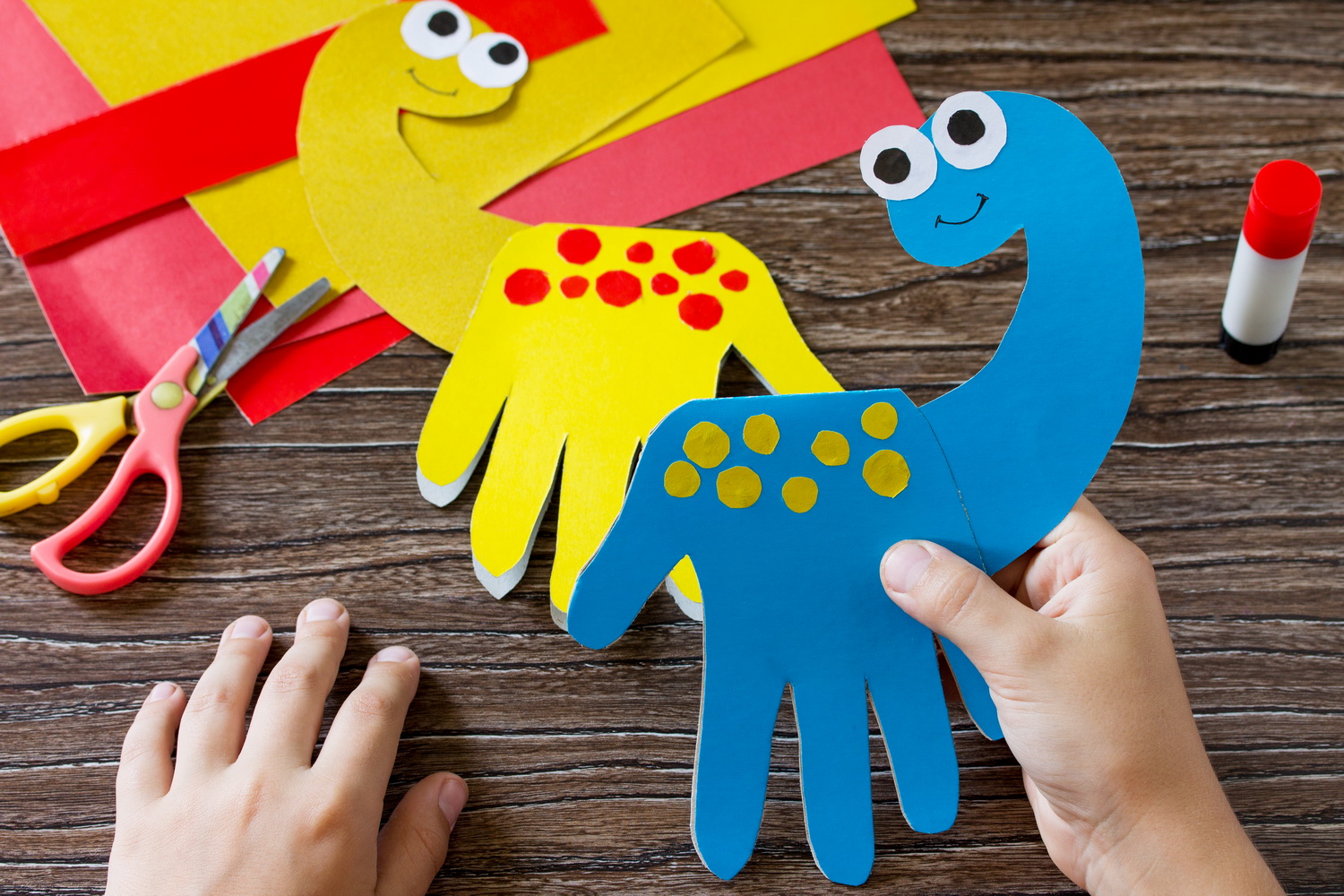



.jpg)










